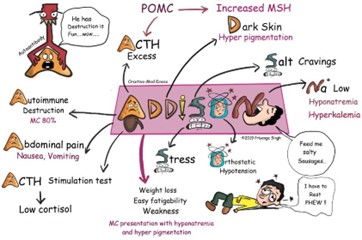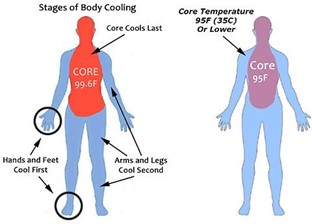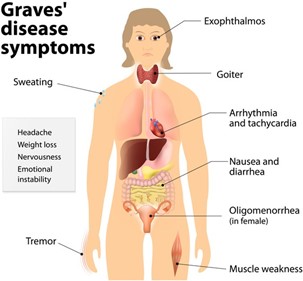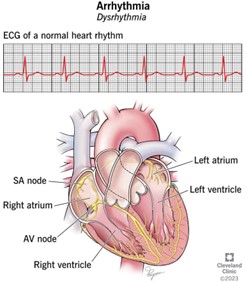A patient is hospitalized with acute adrenal insufficiency. The nurse determines that the patient is responding favorably to treatment on finding:
Decreasing serum sodium
Decreasing blood glucose
Decreasing serum potassium
Increasing urinary output
The Correct Answer is D
One of the hallmarks of adrenal insufficiency is dehydration and decreased urinary output, which can lead to electrolyte imbalances such as hyperkalemia and hyponatremia. As treatment begins to take effect, the patient's fluid and electrolyte balance should improve, leading to an increase in urinary output. Acute adrenal insufficiency, also known as the Addisonian crisis, is a life-threatening condition caused by a sudden decrease in cortisol and aldosterone hormones. Treatment usually involves the administration of intravenous glucocorticoids and mineralocorticoids to replace the deficient hormones.
Decreasing serum sodium (a) and decreasing blood glucose (b) are not signs of improvement but rather indicative of continued adrenal insufficiency. Decreasing serum potassium (c) is also not a sign of improvement as it could indicate that the patient is developing hyperkalemia, which is a potential complication of adrenal crisis.

Nursing Test Bank
Naxlex Comprehensive Predictor Exams
Related Questions
Correct Answer is A
Explanation
The plan of care for a patient with hypothermia and fluid volume excess would typically include measures to increase the patient's body temperature and decrease their fluid volume. Therefore, option a (fluid restriction) would be appropriate for this patient.
Options b (administration of hypotonic IV fluids) and d (administration of ion-exchange resin) would not be appropriate because they would increase the patient's fluid volume rather than decrease it.
Option c (placement of an indwelling urinary catheter) may be appropriate to closely monitor the patient's urine output, which is an important indicator of their fluid status. However, this alone would not be sufficient to manage the patient's hypothermia and fluid volume excess.

Correct Answer is A
Explanation
The patient's bounding, rapid pulse and systolic hypertension may indicate cardiovascular complications associated with Graves' disease, such as tachycardia, atrial fibrillation, or congestive heart failure, which can cause chest pain. It is important for the nurse to assess for any symptoms of cardiovascular distress and report any abnormal findings to the healthcare provider for prompt intervention. Questions about appetite and constipation may be relevant to the patient's overall health status, but they are not the most important concern in this situation.


Whether you are a student looking to ace your exams or a practicing nurse seeking to enhance your expertise , our nursing education contents will empower you with the confidence and competence to make a difference in the lives of patients and become a respected leader in the healthcare field.
Visit Naxlex, invest in your future and unlock endless possibilities with our unparalleled nursing education contents today
Report Wrong Answer on the Current Question
Do you disagree with the answer? If yes, what is your expected answer? Explain.
Kindly be descriptive with the issue you are facing.
